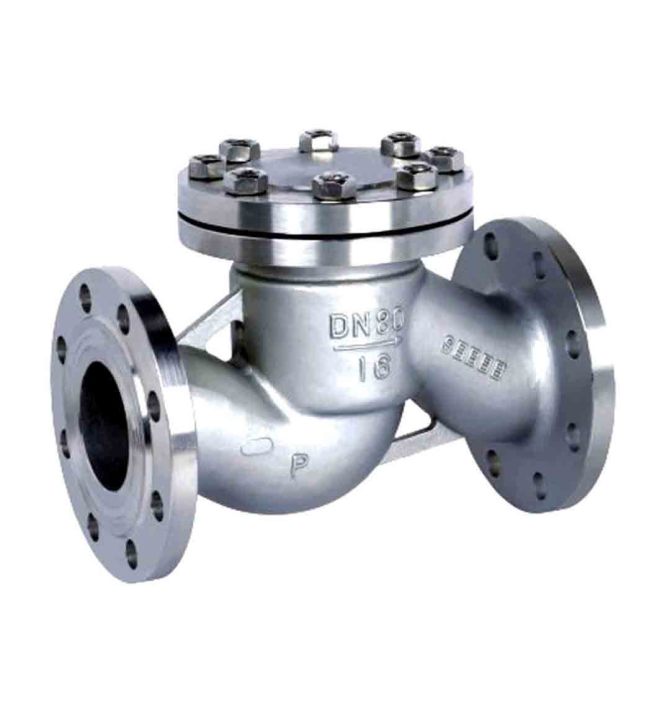custom flanges
Understanding Custom Flanges A Comprehensive Overview
Custom flanges are essential components in various industrial applications, designed to connect pipes, valves, pumps, and other equipment for fluid and gas transport. Unlike standard flanges, which come in predetermined sizes and specifications, custom flanges are tailored to meet specific requirements dictated by the unique needs of a project. This article delves into the significance of custom flanges, their types, manufacturing processes, and applications.
Flanges play a critical role in ensuring leak-free connections and enabling easy maintenance in piping systems. In some cases, standard flanges simply do not fit the unique dimensions or pressure requirements of a system. This is where custom flanges come into play; they can be manufactured to precise specifications, accommodating specific thicknesses, diameters, and materials.
One of the most common types of custom flanges is the raised face flange, which features a small raised area that seals against the gasket surface. This type is favored in many applications due to its ease of installation and excellent sealing capabilities. Other popular types include flat face flanges, blind flanges, and lap joint flanges, each serving distinct purposes based on the system's requirements. Custom designs can also accommodate varying pressure classes, ensuring that they can handle the expected operational stresses.
custom flanges

The manufacturing process for custom flanges involves several vital steps. Initially, the design phase is crucial, where engineers will consult with clients to determine the specifications needed for their projects. Once the design is finalized, the production process begins, which can include methods such as forging, casting, or machining, depending on material requirements and the desired properties of the final product. Common materials used include stainless steel, carbon steel, and alloys, selected for their durability and resistance to corrosion.
Quality control is another essential aspect of custom flange manufacturing. Every flange must undergo rigorous testing to conform to industry standards, including pressure tests, dimensional verification, and material composition tests. This attention to detail ensures that the final product will perform reliably over its intended lifespan, which is particularly critical in high-pressure or hazardous applications.
Applications of custom flanges are extensive, spanning industries such as oil and gas, chemical processing, water treatment, and construction. In the oil and gas sector, for instance, custom flanges are often used in pipeline systems designed to transport crude oil, natural gas, or refined products, where pressure ratings and material compatibility are paramount. Similarly, in chemical processing, flanges must endure corrosive substances, necessitating custom solutions that meet stringent safety and performance standards.
In conclusion, custom flanges are indispensable components in various industrial settings, providing flexible solutions that standard flanges cannot. Their ability to be tailored for specific applications ensures safety, reliability, and efficiency in fluid and gas transport systems. As industries continue to evolve, the demand for custom flanges will likely grow, emphasizing the need for innovation in manufacturing processes and materials to meet the ever-changing industrial landscape. Investing in high-quality custom flanges not only enhances system performance but also extends the lifespan of essential equipment, ultimately contributing to lower operational costs and increased productivity.
-
The Key to Fluid Control: Exploring the Advantages of Ball Valves in Industrial SystemsNewsJul.09,2025
-
The Versatile World of 1, 2, and 3 Piece Ball ValvesNewsJul.09,2025
-
Stainless Steel Ball Valves: The Ideal Choice for Efficient Flow ControlNewsJul.09,2025
-
Optimizing Fluid Control with Ball Float ValvesNewsJul.09,2025
-
Manual Gate Valves: Essential for Control and EfficiencyNewsJul.09,2025
-
Everything You Need to Know About Butterfly ValvesNewsJul.09,2025
-
The Versatility of Wafer Type Butterfly ValvesNewsJul.08,2025




